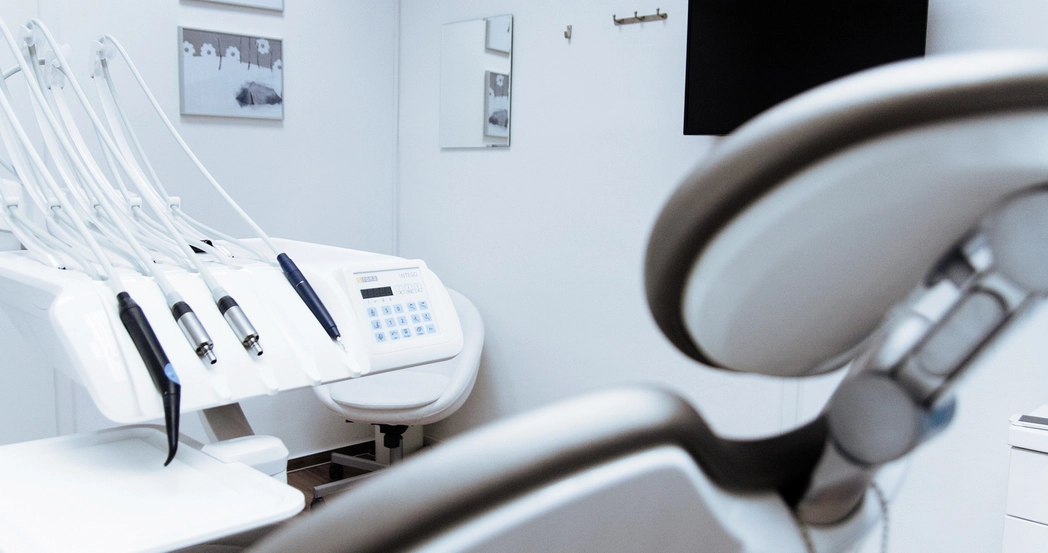Recently, the Royal College of General Practitioners, UK, researched the ecological impact of the dental industry.
Dentistry - like any other technological area, produces waste that affects our environment. Meanwhile, the problem of global warming has become more and more actual, considering the observable climate changes in the last centuries.
The understanding of the current climate challenges is the first step to their solution. That's why Dental Tribune - dental business media - interviewed a student from Dublin Dental University Hospital to get explanations about the crucial points of the research.
Carbon Issues
One of the key problems of global warming - is the so-called carbon footprint. This term includes emissions (carbon dioxide and methane) from all human activities, especially technological production. Carbon pollution's effect on world climate is well-studied, and emission reduction - is one of the crucial points of climate protection.
Ironically, technological pollution can be reduced only by more advanced technologies. For instance, novel printing technologies that use viscous resins - are much more ecology-friendly and effective from the side of practical dentistry.
Climate Solutions
Currently, all dentists can participate in global ecological production optimization. For instance, they may use the Green Impact Toolkit - the set of guidances that helps professionals choose the most effective and the most "green" solution for their clinics to cut carbon waste.
However, there are a few tips that clinics can use right now to make their businesses more environmentally friendly. For instance, they can switch to emails instead of printing variants of letters and promotional materials, make photocopies on both sides of the paper, shred the documents once they lose relevance, etc.
Ecological prospectives
The ecological condition of the environment is still far from collapse. However, we should be worried about indicators such as carbon emissions, first of all, because they have a cumulative effect (the sooner we start calculating it, the better), and secondly because the small changes provided today may change our tomorrow.





